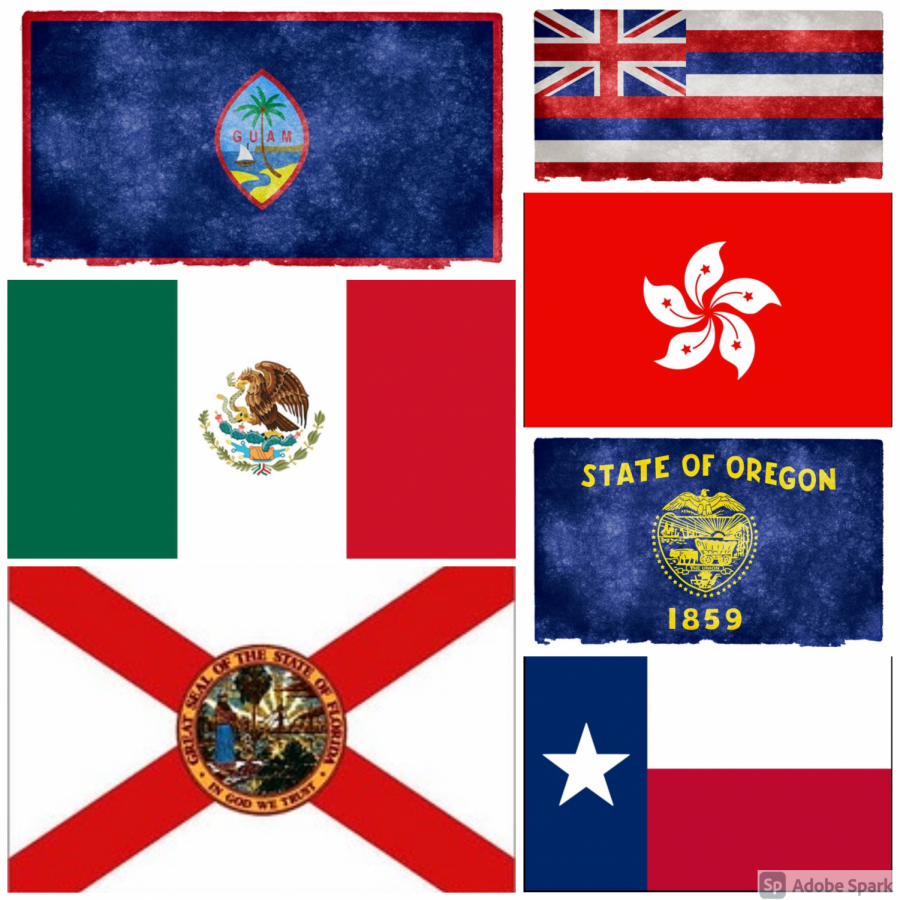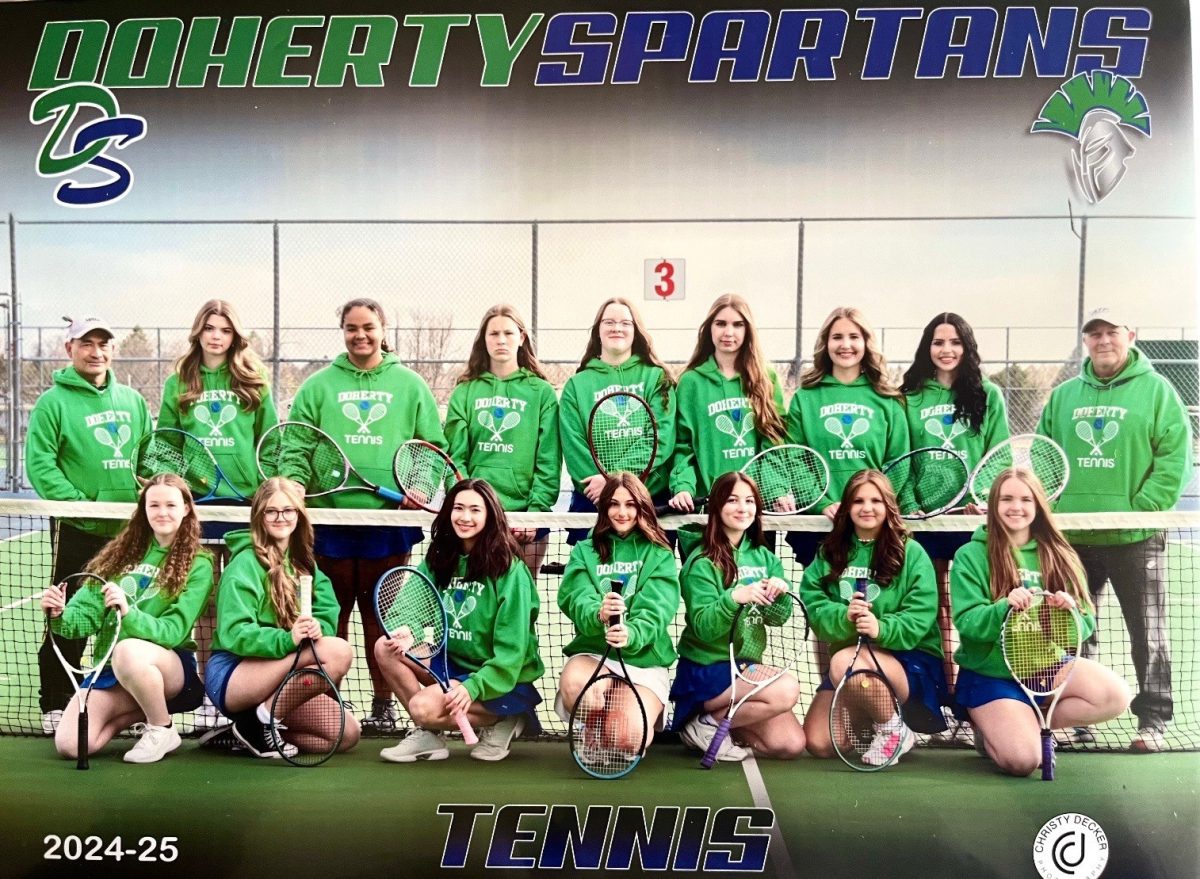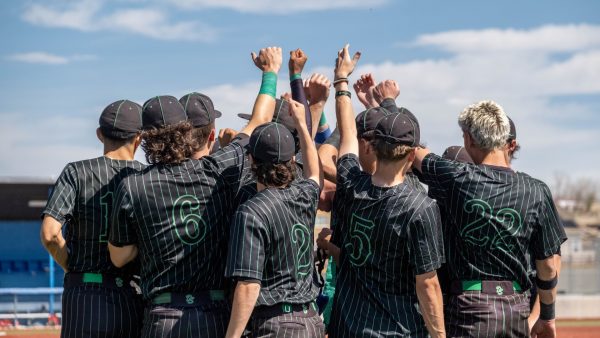Digging into Doherty’s Diversity
November 19, 2020
Doherty High School includes so much diversity. Looking in from the outside, you may see all the different lifestyles and cultures of this school. But do you truly know the stories behind the faces?
A variety of Doherty students, staff, and teachers were interviewed to get a better understanding of all the unique and disparate heritages roaming the halls. We’ve got a variety of backgrounds in just one building. On the student’s side, senior Daniel Porell is from Guam, junior Cole Russell is a Colorado Native, and senior Katie Hernandez is from Oregon, but her parents are from “Tepic Nayarit Mexico” and “Mazatan Nayarit Mexico.” Turning around to the faculty, we’ve got math teacher and football coach, Mr. Kalawe from Hawai’i. Read 180/System 44 teacher Mrs. Jamison is homebound to Florida, Spartan Center support staff and math teacher Mr. Li was born in Hong Kong, but raised in Highlands Ranch, Colorado. Interestingly, English teacher Mr. Ahnfeldt was born in Texas, but says he is from all over. As he explains, “I’m from all over because my dad was in the military, but I was born in Texas.”

Little do you know, different languages are being thrown all around the school. Not just in the foreign language classrooms, but as people walk into Doherty. As expected, English is a main language, but there are also many bilingual students. For instance, Katie Hernandez’s “native language is English” and her “ second language is Spanish.” When asked about his native language, Mr. Kalawe explained, “It’s technically Hawaiian, but we call it Pigeon. It’s like bad English with Hawaiian words thrown in it.” Our other Pacific Islander from Guam, Daniel Porell says, “I speak Chamorro.” Mr. Li said, “My native language is actually Cantonese. It’s actually a dialect from Chinese. English is my second language.” What a wide variety of languages floating among the voices throughout the school.
Over the years, men have played particular roles in the everyday lives of each household. Times have changed, but traditions stay close to home. Mrs. Jamison describes how “the men in my family were real gentlemen and providers, taking care of their wives and children. My grandfather, father, and uncles were of the Civil Rights Movement era and dressed accordingly in suits and ties for church when they weren’t working in the mine or farming.” In Hawai’i, men are expected to “provide for your family and protect your family,” explains Mr. Kalawe. As many have explained, men are supposed to be the protectors and supporters of the house. Mr. Ahnfeldt adds an educational element to his response by describing how men are supposed to “support and encourage and to be strong, to be responsible, to be everything Walter is not in Raisin in the Sun. To step up and take ownership over direction of family and offer love and support where it’s needed.”
As amazing as this is, we are living in the 21st century. There are a lot of single mothers and single guardians that have taken over the traditional role of men. Great minds think alike, and Katie Hernandez and Cole Russell are on the same track. “Men often have been held to a standard of needing to be ‘powerful and manly’ but things are changing,” Cole declared. This is all too true and Katie agrees, as she stated, “Men and women’s rights are the same. They have roles, such as jobs, or they are a dad, a brother, a son, etc.” Some traditions are meant to be broken and men and women have been leveling the playing field to accomplish this.
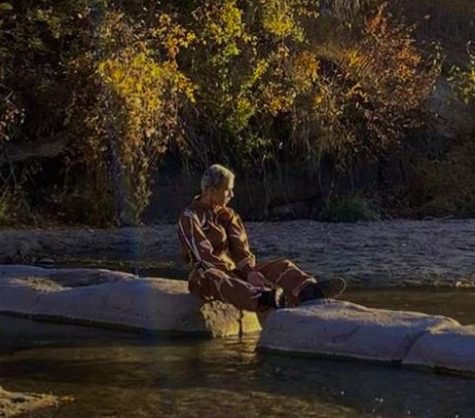
Education is different everywhere you go. Whether it be food choices, clothing rules like uniforms and hat wearing, schedule set ups; block or traditional 7 classes per day, fundraisers; spirit week, BOGO cards, and even buying a teacher for the day. Choices like who gets to go to school: boys only, religions, races, and political view segregated. Even ages- the tradition in Colorado being 5 to start Kindergarten.
There are so many choices to pick from and you have the opportunity to get a better understanding of the different ways education is handled. It could be based on the household, like Mr. Li told, “With my family, I would never be able to get under an A. So I basically had straight A’s my whole entire high school career as well as middle school. My parents said that school was my job and because it’s my job, I couldn’t slack in that. ”
Or it can be based on education, like Mr. Kalawe said, “Poorly, private schools are very popular in Hawai’i because public education systems are terrible. So you actually have to take tests, not everybody can go into private school. I went to private school and I had to test in, as a 7th grader in order to be able to go to…you have to test, you have to interview to go to that school. Or you have to be good at sports, unfortunately. Like my brother didn’t get in, so he went to public school.” It can also be based on parent’s finances, Katie explained that “public education in Mexico is free except for having to pay for uniforms; however many people cannot afford to pay for the uniforms which is why parents do not send their children to school. The minimum wage being $8.89 USD, a day. Private schools are not free.” Lives are different for everyone so we must be careful with how you handle or speak of certain situations like finances.
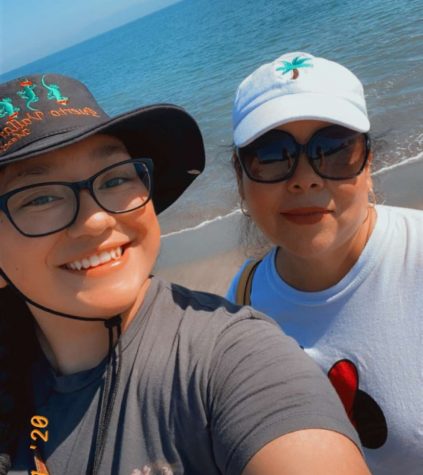
Not only is education handled differently, but also funded separately. As Cole described, “Education is horribly funded in the United States.” In Hawai’i, Mr. Kalawe says, “Again, poorly. It’s funded through the state, but they don’t get much money. That’s why a lot of people try to submit their kids into private school.” Although this may be a stress factor in the everyday lives of parents and students, the Doherty nation still finds ways to keep as many people as possible happy.
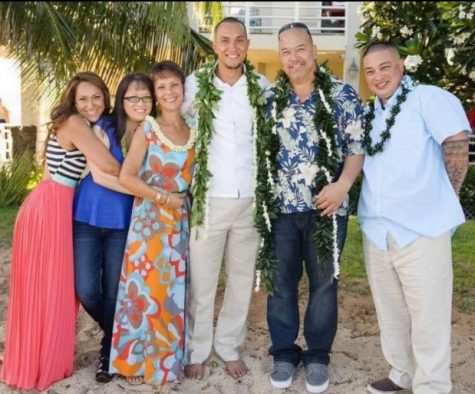
Entertainment is an important role in keeping everyone jovial and keeping one’s mental health and well-being where it should be. There are so many contrasting activities to aid with this. In Florida, “The tourist attractions (Walt Disney World, Sea World, Universal Studios, etc.) and the beach” are the biggest forms of entertainment, explains Mrs. Jamison. Watching TV, being on social media, music, and watching or playing sports play big roles in the enjoyment of many. In contrast, Mr. Kalawe said, “Singing and playing the ukulele” is a big delight factor. Daniel describes that in Guam, they do a lot of “music and partying, but it’s like a family party like a meeting.”
Reputation is a common way to decipher people. There are many methods to show respect. You have the typical greetings when meeting or encountering someone, there’s ways to ask for something like “please,” and “thank you,” then you have the ways to approach an adult when talking. Most Americans would use the obvious “Yes ma’am,” “Yes sir,” or “Excuse me” to respond to one’s elder. But in some places, there are different approaches. With Mr. Li, he describes “One of the biggest things about my parents is that when you’re offered food, like any type of food, you don’t ever say no. When somebody offers you something, you just receive it with a smile and go with it and try it.”
Students should be seen and hear, which is exactly what Mr. Ahnfeldt believes, as he explains, “People don’t really know, but I talk about my classes, to really see them, to notice them, to notice people and let them know you see them.” Mr. Kalawe says, “The most respectful thing is that, when you greet each other, usually of opposite sex, you kiss them on the cheek. You refer to older people as auntie and uncle whether they’re related or not. If I meet an older guy, I would address him as ‘uncle’ out of respect.” There are many ways to respect your elders. In Guam, Daniel explains that “when we meet the elders we ‘Amen’ them and say ‘noi,’ it’s a respect to the elders and we get their blessings.”
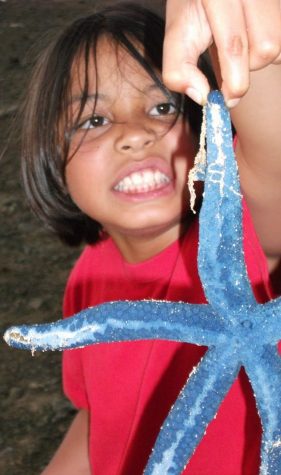
There are so many stereotypes in everyday encounters with others. Little do you know, walking past you at Doherty, could be a person who’s been rudely approached for simply being themselves. You should never believe a stereotype, because they are typically false. Mrs. Jamison has received the stereotype about African Americans “being on welfare and not wanting to work continues to be believed by others.” Mr. Li has heard stereotypes that “all Asian people are good at math, I think that’s one of the things that is a huge misconception. As well as all Asians are either doctors or lawyers or something like in that type of profession, where it’s high prestige, but at the end of the day it’s not.”
Unfortunately, Mr. Kalawe has also heard some crazy assumptions “that we’re lazy. Everybody just assumes that everybody there just goes to the beach, lounges, surfs, and smokes weed and I do none of those things.” This is not a true statement and he is living proof of that, being the awesome hard-worker that he is. Katie has also told a disappointing and incorrect misconception “that Mexicans are rapists, criminals, and drug dealers.” The world can be a cruel place, but you live and learn. Learn to decipher facts from rumors.
Racism has been an immense problem for as long as anyone can remember. Unfortunately, it still goes on in today’s society. Almost everyone interviewed confirmed that they have experienced racism towards them; in school, in public, and even the comfort of their own homes. We’ve got stories to tell of this awful monstrosity. Mr. Kalawe spoke of an experience where “the only time I experienced racism was, I was actually a freshman in Greeley, Colorado and I was refereeing a 3rd grade girls basketball game and it was an all white team versus an all hispanic team. During half-time one of the parents of the all white girls team accused me of playing favorites to the hispanic team. I said ‘what are you talking about, I’m not hispanic at all, I’m Hawaiian’ she was like ‘well you look like a…’ and then she called me a hispanic slur. That’s really the only thing and getting confused for being hispanic and what people like to call hispanic people.”
But wait, there’s more…Mr. Li explained that, for him, “you travel to places where you play in big crowds and you hear things, you hear a lot of dirty, racist jokes and stuff like that while you’re on the court, all the time.” Mrs. Jamison has taken her experiences as a learning opportunity. When asked if she’d experienced racism, she said, “Sure, but I know who I am and I believe in myself so I will not let racism stop me. If my ancestors were able to endure slavery, I can handle racism.”
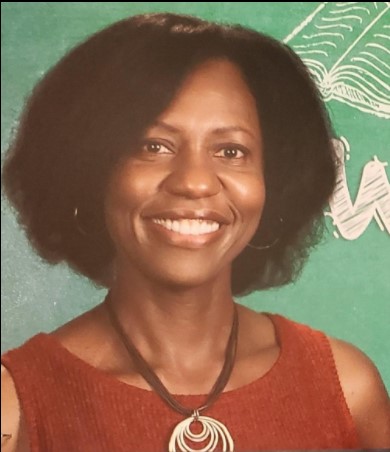
Ultimately, all of these events have taken a toll on America as a society. Doherty students, staff, and faculty were asked about their thoughts on this. Cole Rusell explained that “as an adopted person of color growing up in a white family I feel I have a more unique lens on the racist systems implemented in our country. American society is dominated by fear, hatred, and bigotry and that’s evident in our systems of governments, education, and our workplaces.” Mr. Ahnfeldt’s perspective on this was, “My opinion on American Society right now is that it’s sad. There is not unity, there is all kinds of yelling and different voices from different directions that are confusing everything. There is division everywhere and because of the yelling and the anger and the hatred, there’s also more and more isolation and people are feeling anxiety and they’re desperate and there’s depression and I think Covid is also part of that. People just don’t know where to turn and they’re feeling lost and they don’t have support when they need it.”
Mr. Li had an interesting viewpoint on the matter. He said, “I think our society is going the wrong direction, it was going in the wrong direction. I don’t know if it’s going to be moving in the right direction now that elections are over, just cause I can’t tell the future. But as of what I’ve experienced and what I’ve seen, I think our society is moving in the wrong direction because there’s just so much hatred and so much wrong in the world and just not enough grace. I also don’t like the way our teens are moving and really how society is moving towards technology. I just feel like our brains are changing and morphing into something that I don’t know if I necessarily like. We are super reliant on technology and not reliant on relationships and we don’t rely enough on relationships. I think what our society has created is a false sense of relationship, versus a true relationship of sitting with one another, having a conversation with one another without our phones and without technology and stuff like that. Our society is moving in the wrong direction in terms of that. But we are making a lot of technological advances, which is good.” On another note, Mrs. Jamison believes that “America is a great country that is still evolving and striving to become a more perfect union. We are not there yet, but we will get there.”
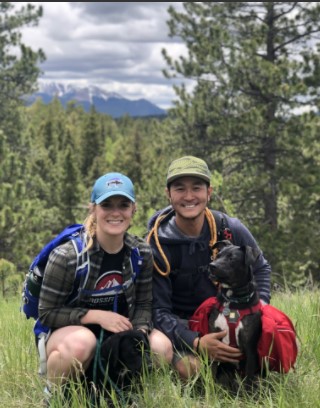
The world is changing, so we should embrace it openly. It’s important to know your surroundings so that you can have a better understanding of the people walking the same halls with you. Remember our school motto, always put “We Before Me.” Keep your head held high and embrace your culture!

